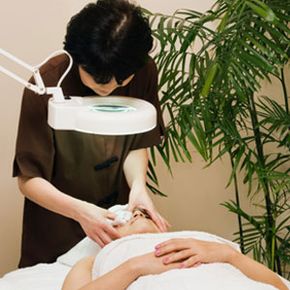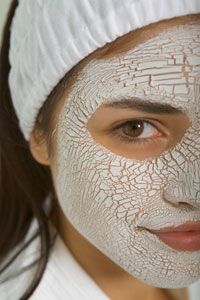When you walk past a mirror, do you ever stop and do a double take? Perhaps your face is worn with lines from those wonderful memories that still make you smile, or from all those worries that left their mark. Do you wear them as a badge, a medal of honor for a life well-lived? Or do you want to defy the aging process?
If you're more interested in fighting (or hiding) the signs of aging, one option you might consider is laser skin resurfacing. This procedure aims a light beam at various layers of the skin to try to repair the appearance of wrinkles, discolorations, scars or other age spots. After the procedure and some recovery time, you could be left with younger, smoother looking skin [sources: ASPS, Goldman].
Advertisement
There are two types of lasers typically used in laser skin resurfacing: ablative and non-ablative. Ablative lasers remove the surface of the skin by burning the epidermal layer down to the next level, the dermis. The body responds during the healing process by producing more collagen, which generates new layers of skin that are stronger and, ideally, look younger [source: Tanna].
Non-ablative lasers can focus specifically on tissue underneath the skin, using the laser wavelengths to target those spots without harming the surface [source: Goldman]. In place of the damaged skin, younger-looking and clearer skin develops [source: Mayo Clinic]. Also, because the laser is precise, you'll likely face a shorter recovery time than with ablative laser treatments [source: Goldman].
Laser treatment is a newer procedure, but it has support because it avoids many of the harsh chemicals or treatments that older ablative methods use [source: Tanna]. Read on to see whether it could give you the skin you long for and how effective it is in comparison with other skin resurfacing processes.
Advertisement


